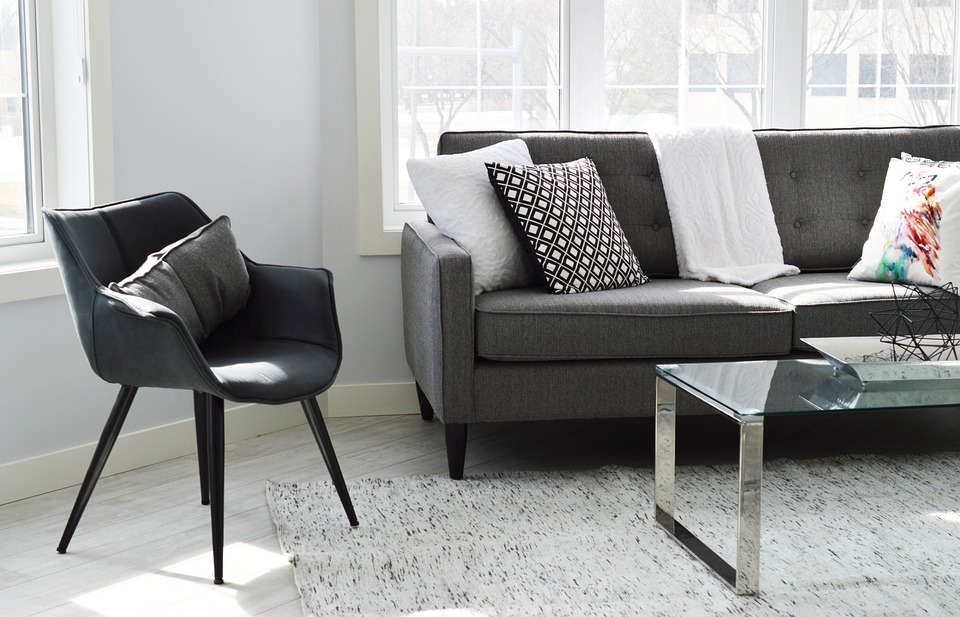
Acquiring a residence is a desire for many individuals, but with soaring housing costs, it can at times seem unattainable. Nevertheless, with some innovation and ingenuity, it is possible to locate cost-effective cheap house and land choices that fit into your budget. In this piece, we will explore some pointers for discovering budget-friendly housing alternatives that won’t strain your finances.
1. Opt for a Fixer-Upper
One of the most budget-friendly methods to purchase a home is to opt for a fixer-upper. These are properties that might require some refurbishment, but can be bought at a reduced price. By being open to investing some effort and upgrades, you can save a substantial sum on the buying cost. Look for residences that necessitate cosmetic enhancements like painting, flooring, or gardening, rather than major structural repairs.
2. Hunt for Foreclosure or Short Sale Properties
Foreclosure and short sale properties are frequently marketed at a noticeable discount, as the sellers are keen on disposing of the property swiftly. By acquiring one of these properties, you can save a significant amount on the purchase price. Keep in mind that these properties might involve some risks, so make sure to conduct thorough research and inspections before putting forth an offer.
3. Contemplate a Manufactured Home
Manufactured homes, also recognized as mobile homes, are a more economical housing choice than traditional single-family houses. These homes are constructed in a factory and then transported to a specific location. While some individuals may have reservations about manufactured homes, they can be an excellent option for those looking to economize on housing expenditures. Just ensure to conduct your research and select a reputable manufacturer.
4. Investigate Rural Areas
Housing values tend to be lower in rural regions compared to urban or suburban areas. If you are open to residing in a more rural setting, you may discover cheap house and land alternatives that align with your budget. Bear in mind that living in a rural area might involve some trade-offs, such as extended commutes to work or restricted access to amenities.
5. Ponder Renting to Own
Rent-to-own agreements can be a superb option for those who may not have adequate funds saved up for a down payment or who possess less-than-perfect credit. In a rent-to-own agreement, you lease the property for a specified period with the option to purchase it at a later date. This can provide you the opportunity to save up for a down payment and enhance your credit rating while residing in the house.
6. Explore Different Financing Options
When acquiring a home, it’s crucial to explore various financing alternatives. Different lenders might offer varying interest rates and terms, so it’s worthwhile to conduct your homework and compare proposals. Consider collaborating with a mortgage broker who can assist you in discovering the most suitable loan options based on your financial scenario.
7. Negotiate with Vendors
Do not hesitate to engage in negotiations with vendors when purchasing a home. In a buyer’s market, vendors might be more willing to negotiate on the cost or other terms of the sale. Be prepared to present a sensible offer and be adaptable in your discussions. You never know what the vendor might be prepared to consent to in order to finalize the deal.
8. Deliberate Buying Land and Erecting a Home
Another choice for discovering cost-effective house and land is to buy a parcel of land and construct a home on it. Constructing a home can be more economical than purchasing an existing home, particularly if you are open to undertaking some of the work yourself. Seek land that is priced below market value and research the expenses of building a home in that vicinity to ascertain if it fits within your budget.
9. Collaborate with a Real Estate Investor
If you are encountering challenges in finding budget-friendly housing options independently, contemplate collaborating with a real estate investor. Investors frequently have access to off-market properties and can aid you in discovering a good deal on a house. In return, you might consent to partnering with the investor on the acquisition or sale of the property. This could be a mutually beneficial situation for both parties.
10. Ponder Alternative Housing Options
If conventional single-family residences are beyond your financial capability, think about alternative housing options such as tiny homes, container homes, or modular homes. These kinds of residences are more compact and more cost-effective than traditional homes, rendering them a fantastic option for those on a budget. Make sure to scrutinize local zoning regulations and building codes before selecting one of these alternative alternatives.
To conclude, uncovering cost-effective house and land alternatives might necessitate some creativity and adaptability, but it is attainable with the appropriate approach. By contemplating fixer-uppers, foreclosure properties, manufactured homes, rural areas, rent-to-own agreements, and other alternative choices, you can identify a residence that suits your budget. Remember to explore different financing options, negotiate with vendors, and collaborate with real estate investors if required. With some perseverance and resourcefulness, you can achieve your aspiration of homeownership without exceeding your budget.

